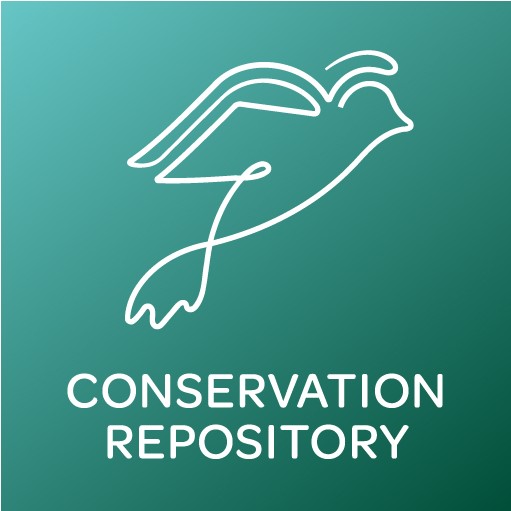
Peer-Reviewed Publications
Document Type
Article
Publication Date
3-2-2023
Abstract
Integrating political ecology and archaeology has resulted in innovative approaches for reconstructing past human-environment interactions and understanding the legacies that shape environmental degradation and resource struggles today. This paper contributes to this emerging interdisciplinarity by proposing a political ecological approach to investigate how archaeological remains are assigned value as resources, drawing on interpretive theories in both archaeology and political ecology. This article applies this approach to examine the archaeological imagination driving expeditions in eastern Honduras that aimed to find the remains of a site of monumental importance associated with the legend of the White City. Through a political ecological lens, it becomes clear that the interpretation of the region’s archaeological heritage within the context of a legend is the result of displacement and resource control dynamics. Although archaeologists reject the legend as a credible source, actors continue to exploit its symbolism for prestige and profit. This approach highlights the disjuncture between profit-driven narratives of archaeological heritage and the socio-natures that underpin our imagination of such sites. The paper suggests that engaging with the socio-nature of archaeological sites may lead to more inclusive and nuanced interpretations of the past, showing how political ecology can contribute to public archaeology
Journal Title
Capitalism Nature Socialism
Volume
35
DOI
https://doi.org/10.1080/10455752.2023.2181197
Issue
1
Recommended Citation
Galeana, Fernando, The Political Ecology of Archaeology and the Archaeological Imagination in the Honduran Frontier (2023). Capitalism Nature Socialism, 35(1).
https://doi.org/10.1080/10455752.2023.2181197


